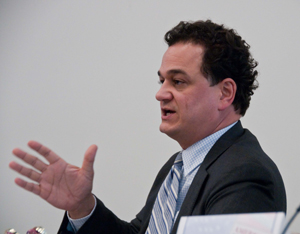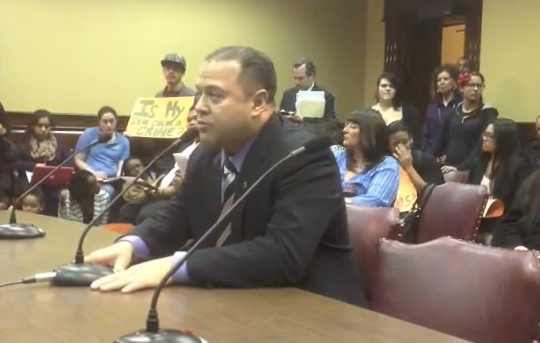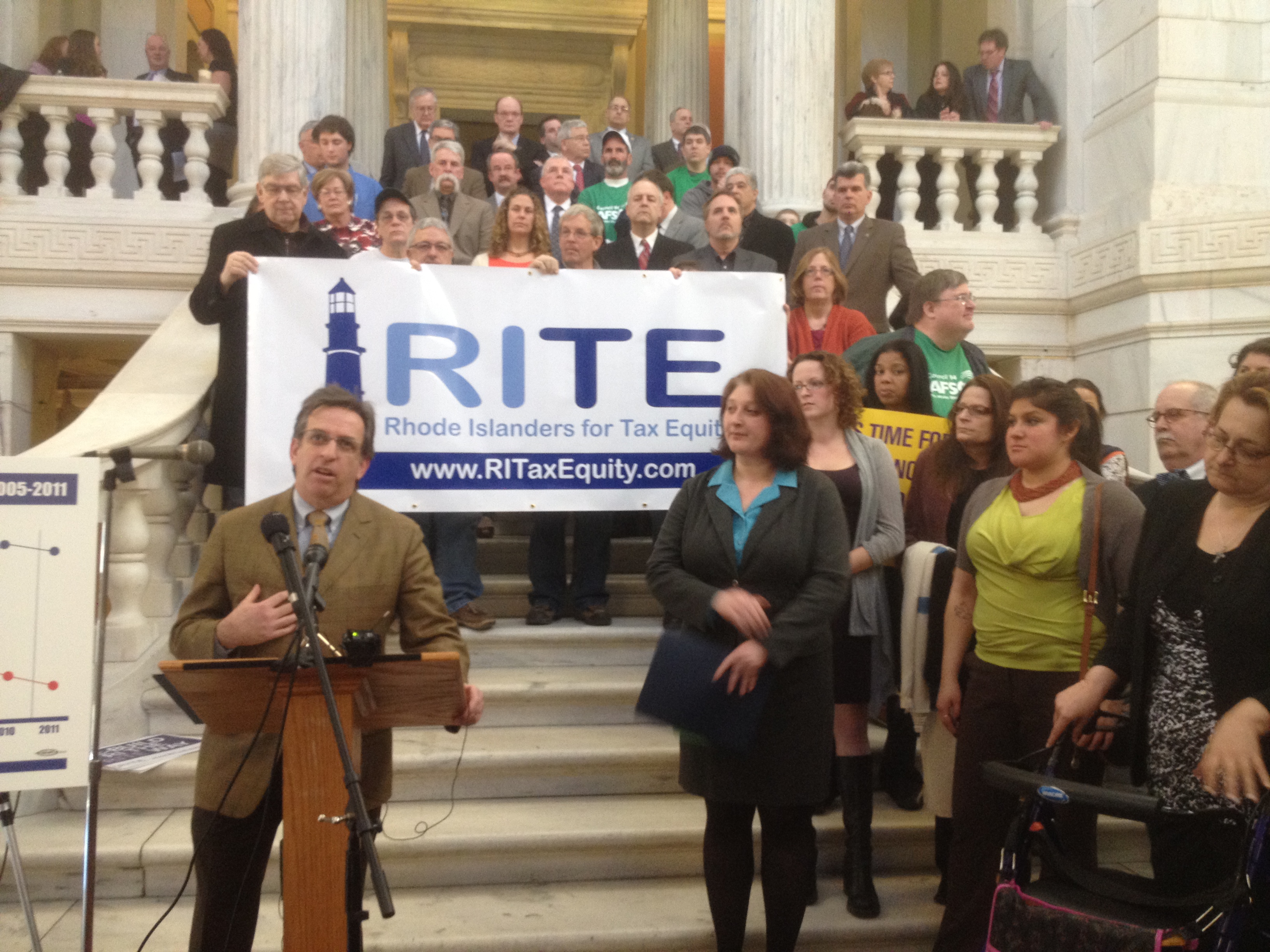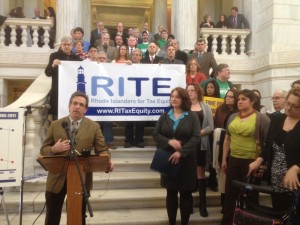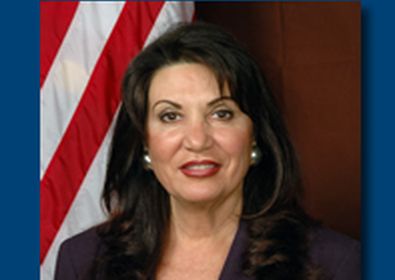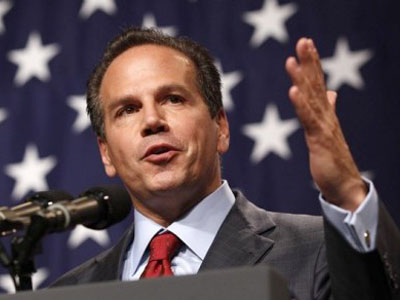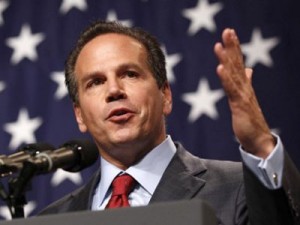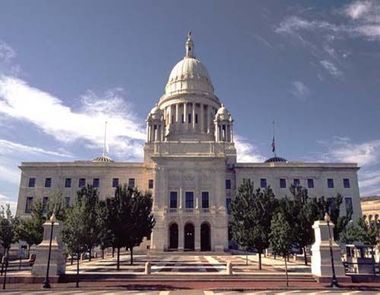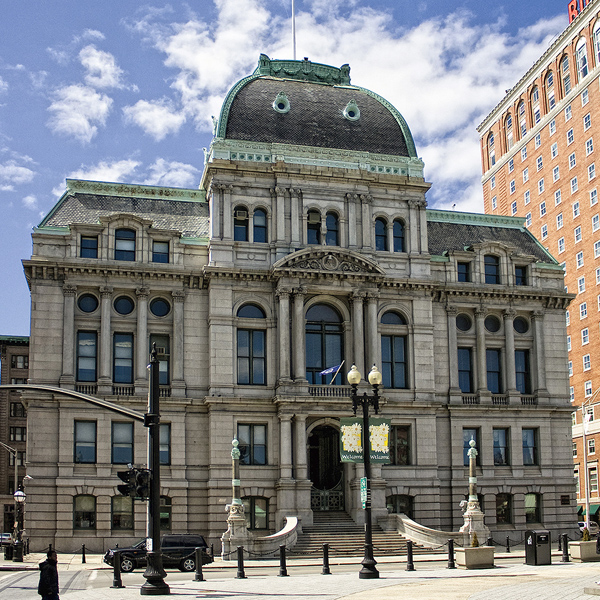
After spending time with Appendix C of the Executive Summmary, it only makes sense to dip into Appendix D, doesn’t it? C was about state aid to the parts of municipal budgets that aren’t education. D is about the much bigger contribution the state makes to education. Once again, the really interesting things about the numbers in D are how they’ve changed over the years. (The information is reproduced in the Technical Appendix, page 211, and that table goes back more years.)
You can write an entire book or two about the funding of education in Rhode Island. But this is a tour of the entire budget, so we’re just going to skim some of the important points.
In 2013, the Governor’s budget would provide $674 million to all the cities and towns, to help run their schools, plus another $46 million for charter schools. This is up from $616 million last year, and the difference is revenue from the proposed increase in the tax on restaurants and hotels.
As of 2010, the latest year for which the collected municipal budget data is available, all the cities and towns together spent $1.79 billion on education. To that amount, the state contributed $592 million, plus another $30 million for charter schools.
A couple of points leap out here. The first is that, just since 2010, charter schools have seen a 53% increase in state funding, while everyone else got 15%. You might sniff at that and say 15% isn’t nothing, but in 2008, the traditional schools got $98 million more than they got in 2010, and $16 million more than they’ll get in the proposed budget — the rosiest scenario on the table — in 2013. That is, between 2008 and 2010, they were cut from $690 million to $592 million. The Governor’s proposed increase doesn’t even get back to the 2008 level. Not to belabor the point or anything, but during each of those years, rich taxpayers were granted an increase on the “flat tax” cut.
Oh, and the charter schools? They got no cut at all. Some years they might not have received what they were hoping for, but between 2007 and the present, each year they received more than the previous year. Sauce for the goose is apparently too good for the gander.
Splitting the cost
The other important point you learn from this page is that the state picks up around a third of the cost of education for the cities and towns, or a tiny bit more, depending on whether you’re inclined to count the charter schools or not. Back in the misty dawn of time, under the, um, storied administration of Ed DiPrete, the state’s official goal was eventually to fund 60% of local education costs. At the time, they were at approximately 50%, and there was a plan to get to the goal by sometime in the 1990s.
The plan was undone by the credit union crisis and the fiscal crisis it provoked, but its demise was due at least as much to the weakening influence of municipalities in the state house. Ed DiPrete, for all his faults, had been a Mayor, and seemed to understand the fiscal strains felt at City Hall. Bruce Sundlun, to put it mildly, did not. Nor did his successors, until Governor Chafee. Matty Smith, House speaker during the 1980s, was much more solicitous of the cities and towns than any of his successors have been. There was a lot wrong with the state house of 1988, and I wouldn’t want to go back to that era, but we didn’t have cities and towns threatening bankruptcy, either, did we?
What about cost inflation? Should the state guarantee a proportion of the costs for municipalities who have been unwilling or unable to control the costs of education? This is the point at which people commonly invoke the evil teacher unions. Certainly unions have played a big role in keeping teacher salaries up, but lately they’ve also played a big role in offering concessions to keep costs down. The 2009 edition of RIPEC’s school finance report (the latest one on their web site) tells me that teacher salary inflation in Rhode Island lagged the national average over the previous decade. We spend more per pupil than the national average, but we also live in an expensive part of the country.
The fashion in education reform these days is nattering about how to improve the quality of teachers, but the dominant trend seems to be to find ways to do that without money. I’m not sure what happened to, “you get what you pay for,” but it certainly isn’t the way policymakers think about teachers. So now we have “value-added” ratings and teacher testing mandates and all the rest. The research behind these trends is flawed by some strange assumptions about the teaching profession — it’s a perfect example of sophisticated statistics employed in pointless fashion — but leave that alone for a moment. I can think of only one valid way to judge whether teacher salaries are appropriate: do job ads result in a harvest of excellent resumes? If so, the salaries are appropriate. If not, well, not.
According to the same RIPEC report, Rhode Island has the eighth highest-paid teachers in the country. This is tragic, right? But according to a survey I did a few years ago we also have the seventh highest-paid accountants in the country and the fifth highest-paid veterinarians. Architects, pharmacists, counselors, and other professional jobs, are also paid quite well here. It wasn’t unions who drove those salaries up. The evidence seems that school departments are responding to the vicissitudes of the labor market, just as the employers of those accountants and veterinarians are. People who want me to believe it’s all the unions’ fault have to provide a much more detailed analysis to support their claims than I’ve recently seen.
What else?
There are other important factors beside salaries that push up costs, and some of them are in the personnel column. A recurring theme in budget browsing is the cost of health care, and until the state’s pension payments superseded them recently it was pretty much impossible to talk to a superintendent about costs without hearing about the skyrocketing cost of health benefits. You can’t spend any time with a budget without understanding that bringing down the cost of health care must be a national priority.
What else? How about that federal funding of special education mandates cover substantially less than a fifth of those costs? How about all the mandates of “No Child Left Behind”? The National Governor’s Association voted in 2003 to label both of these “unfunded mandates”, and they have only become more onerous since. How about that despite the calls for consolidation of services, school districts have only become more fragmented in the last decade, as more charter schools come online?
It’s a long list and education funding is a complicated subject — we haven’t covered the new funding formula, the suit from cities who say it’s not fair, the way we fund charter schools, the aid for school construction (“housing aid”), and lots more — but it’s a big budget to cover and it’s time for the tour to move on. Just one last word. Yesterday there was a hearing at the House Finance committee about the proposed hotel and meals tax that would make up a part of the local education funding lost since 2008. Lots of people protested it, but I’m not aware of any who proposed cutting this aid to schools. In fact, I’m not aware of any who were at all specific about what should be cut to avoid this increase. Readers who know otherwise are invited to send along copies of the testimony, and I’ll post them here.
Next: Budget Volume I
 Brendan Doherty, it turns out, thinks Rhode Island would be well-served by making Rhode Island a “Right to Work” state. “Right to Work” is an exemption to federal labor laws that allow employees to enjoy union benefits without being a member.
Brendan Doherty, it turns out, thinks Rhode Island would be well-served by making Rhode Island a “Right to Work” state. “Right to Work” is an exemption to federal labor laws that allow employees to enjoy union benefits without being a member.








